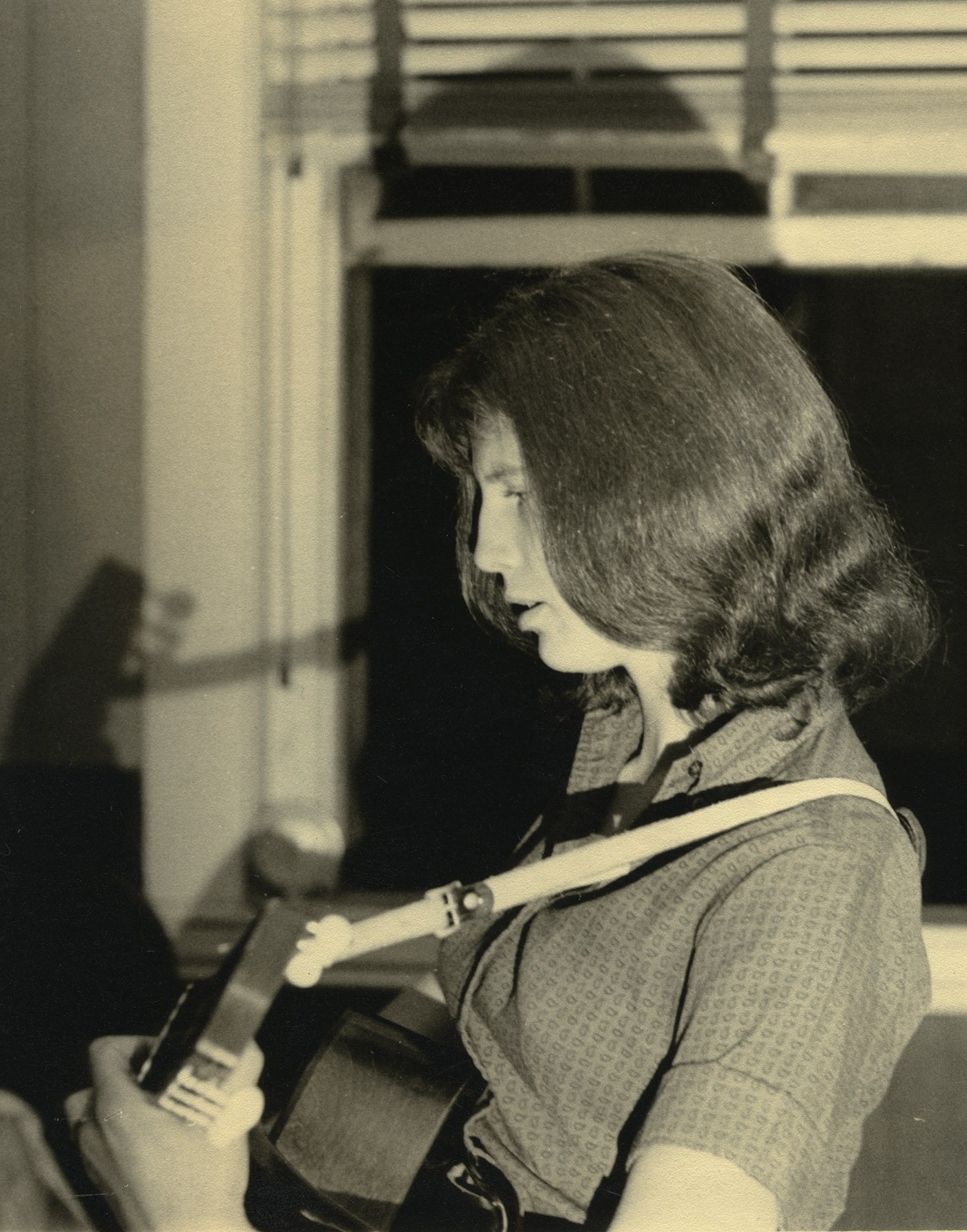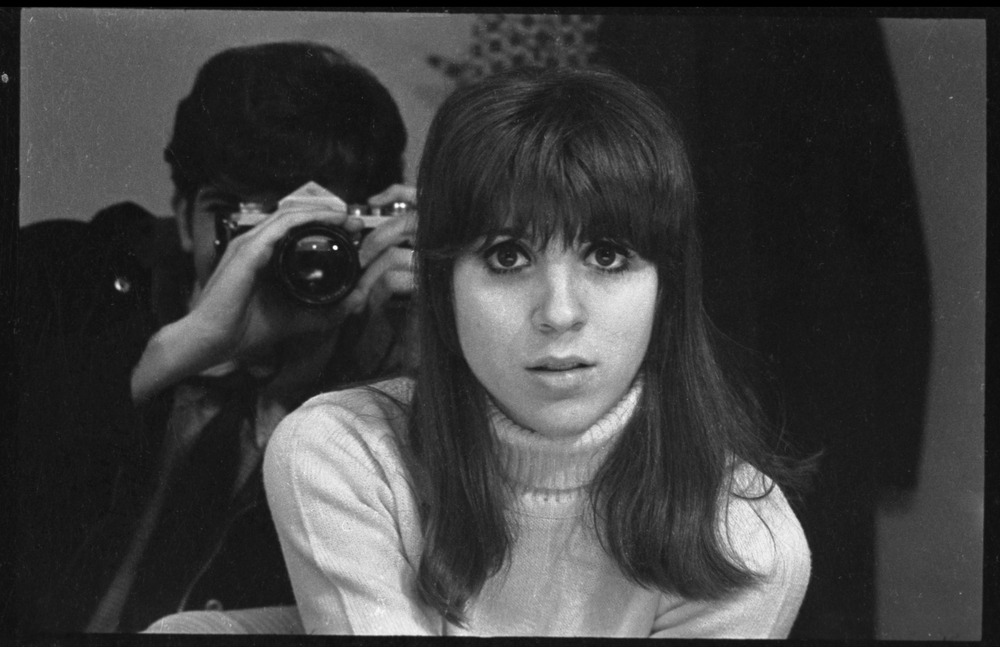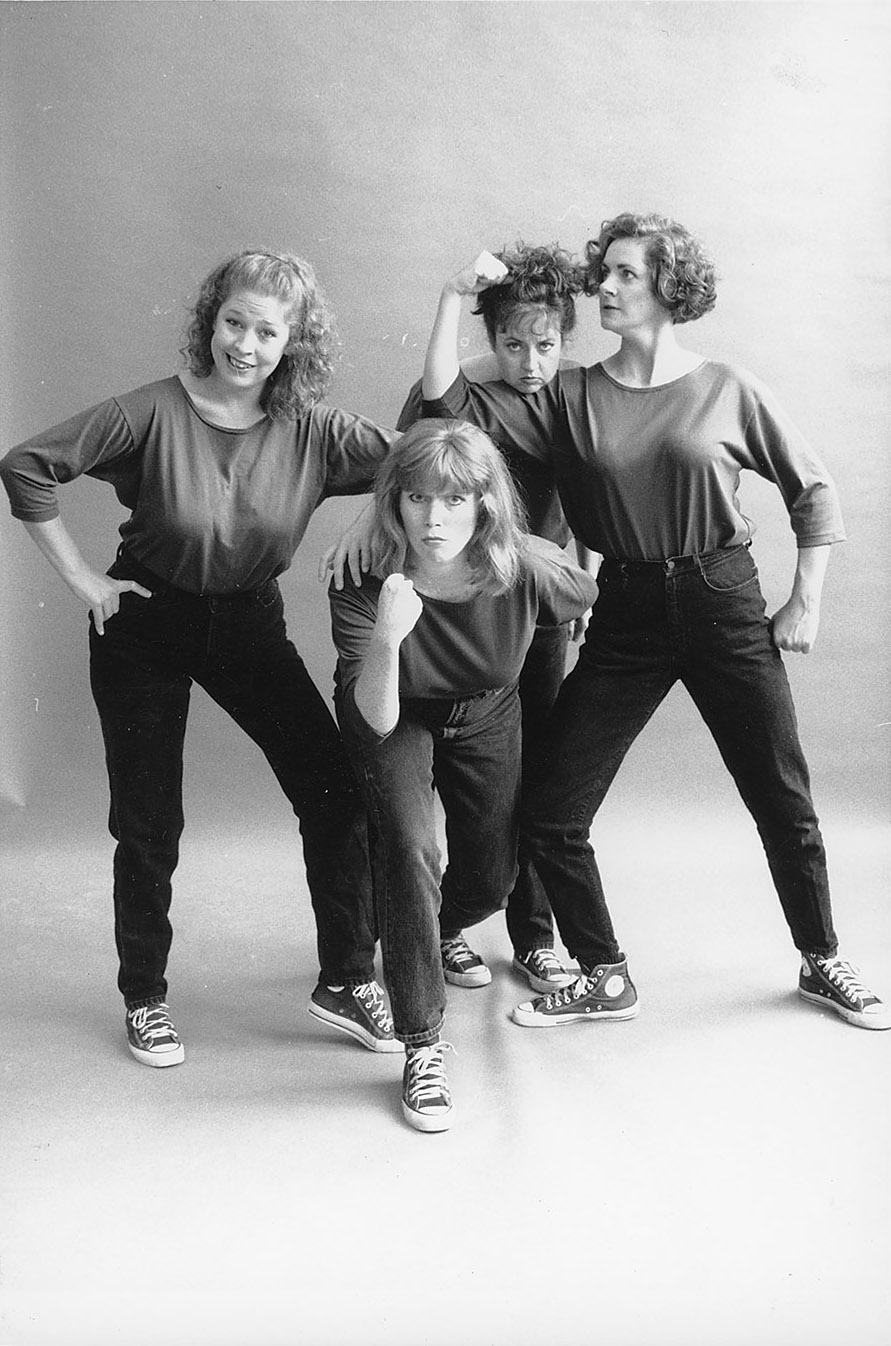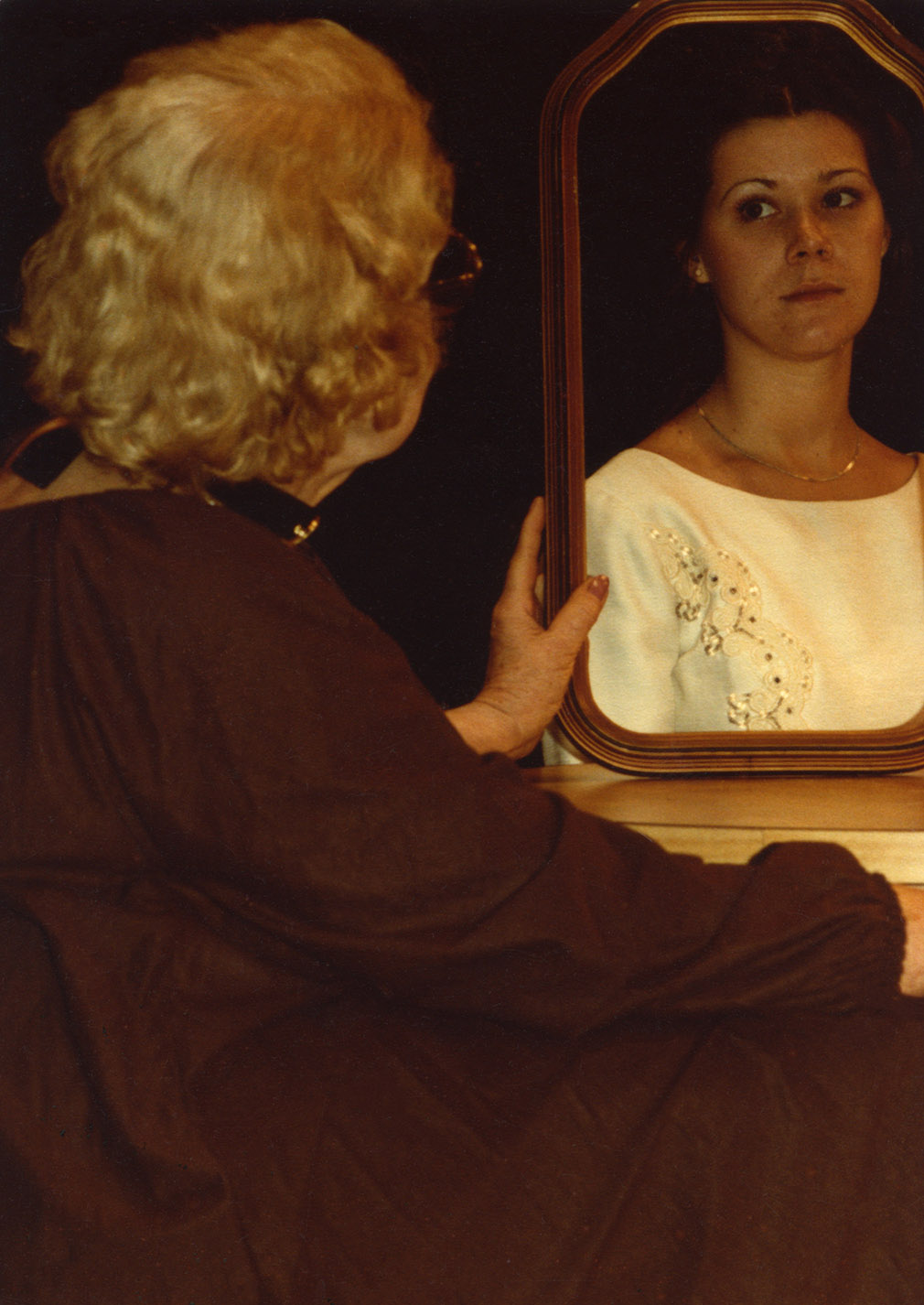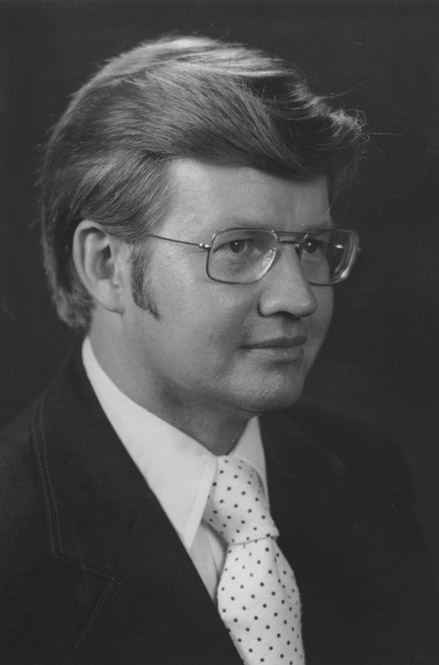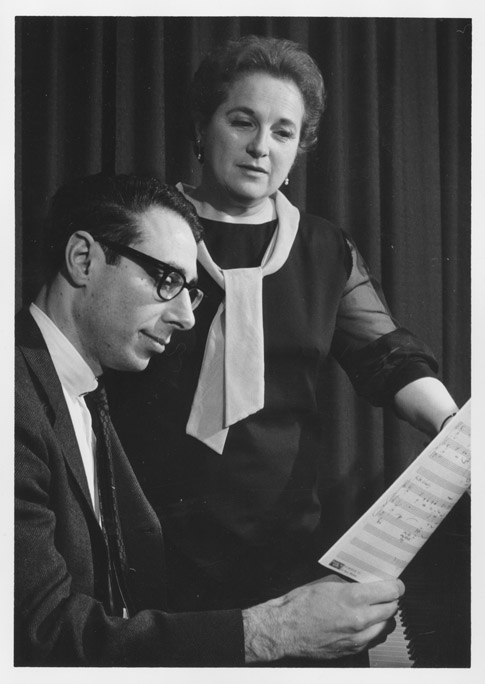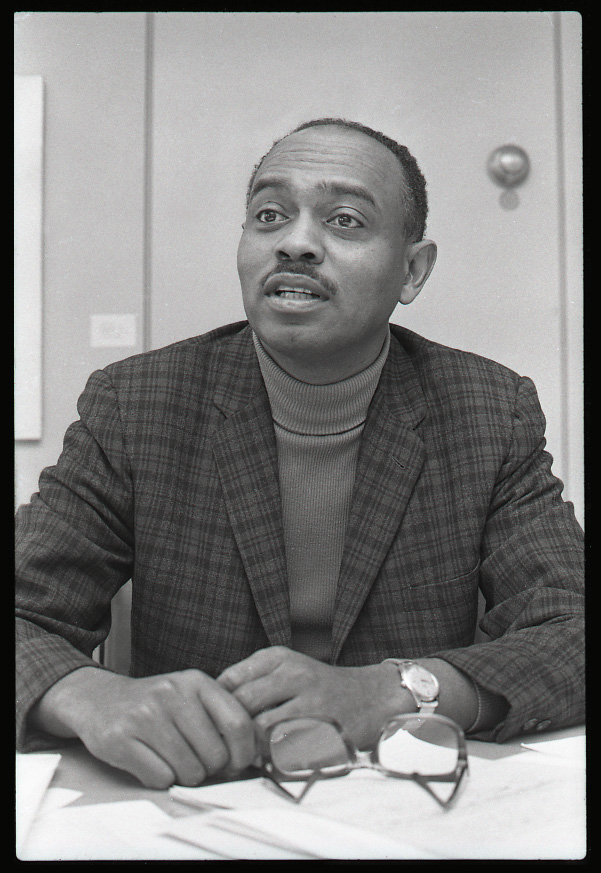Rowland Scherman Collection
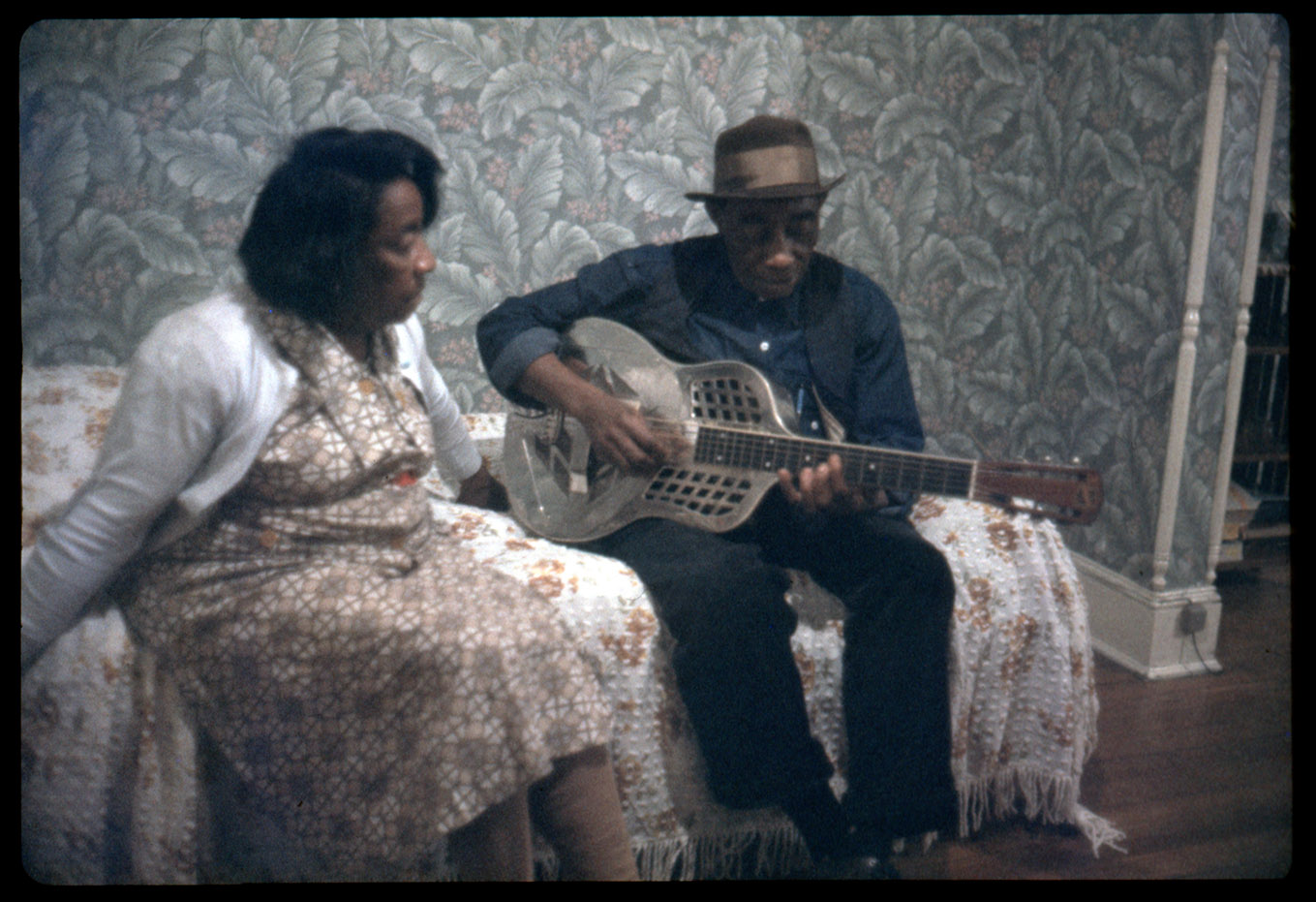
One of the most frequently published photographers in Life magazine during the late 1960s, Rowland Scherman is noted for an iconic portfolio that documents the worlds of politics, culture, and the rock music scene. Born in New York in 1937, Scherman attended Oberlin College and began his career in the darkroom at Life before winning an assignment as the first official photographer for the Peace Corps in 1961. His work blossomed after becoming a free-lancer two years later, with assignments that included the civil rights March on Washington and the presidential campaign of Lyndon Baines Johnson. He covered the Newport Folk Festival when Bob Dylan broke on the national scene, the Beatles’ first concert in the U.S., Robert Kennedy’s campaign for the presidency, and Woodstock, and he went along on a memorable tour with Judy Collins. His work has appeared in dozens of magazines and books, including Life, Look, Time, National Geographic, Playboy, and Paris Match, earning wide acclaim, including a Grammy Award in 1968 for the portrait that appears on the cover of Dylan’s greatest hits album. Scherman relocated to London in 1970, then to Birmingham, Ala., in the 1980s, and finally to Cape Cod on 2000. He continues to shoot portraits, photo essays, and abstract work.
This rich collection consists of nearly the entire body of work from Rowland Scherman’s long career in photography, including negatives and transparencies with a small selection of prints. Negatives from the March on Washington and the Peace Corps are in the collections of the Library of Congress.


